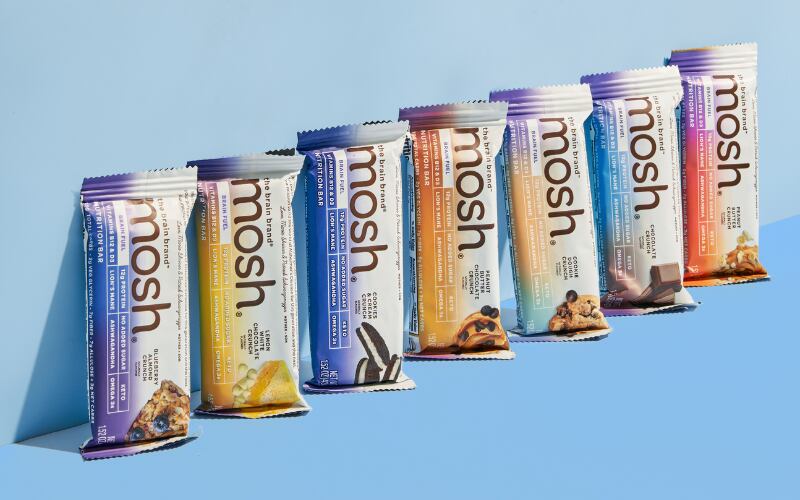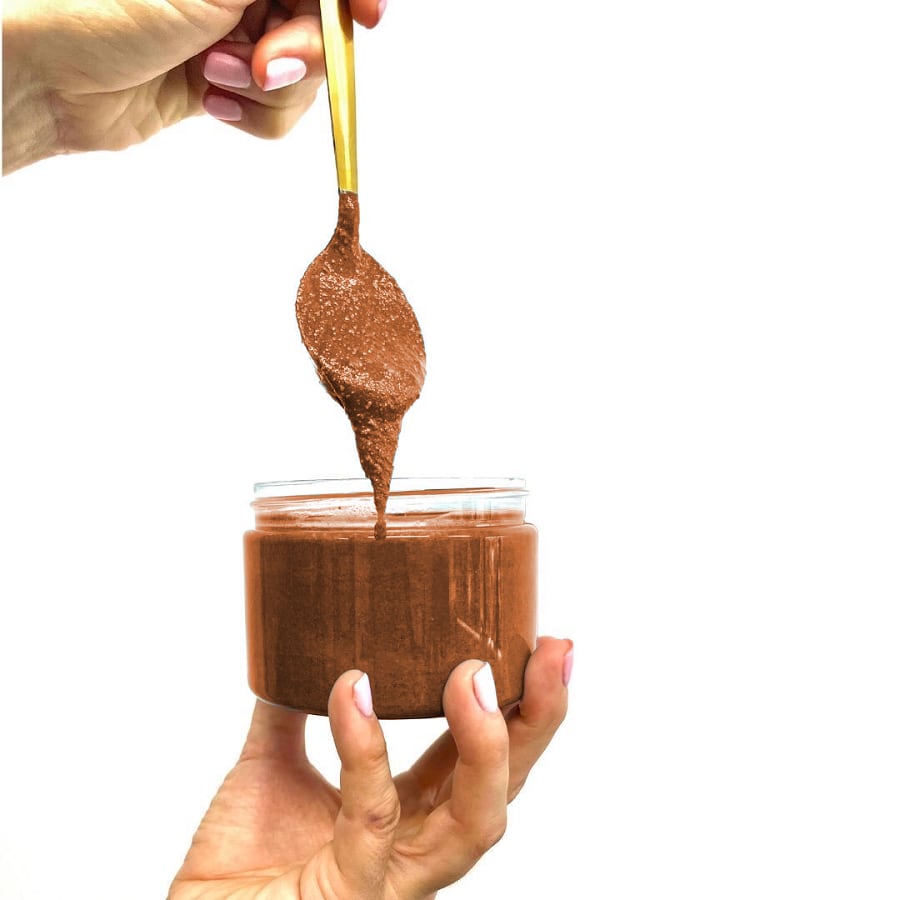“The trend of moving to a more flexitarian approach has been a combination of not even as much social preference as it has been functionality, because introducing animal proteins or dairy proteins with plant proteins is [giving] a new dimension to folks that are looking for something that is more sustainable, ... but it is giving it a better functionality. And quite frankly, when I say functionality, it's texture, it's taste, [and] it's flavor."
Snack bar category innovates with plant-based proteins
While the plant-based protein market is facing headwinds, especially in the alt meat space, consumers are demanding more plant-based proteins in their snack bars. The global plant-based protein market was estimated to be worth $174bn in 2027 and expected to grow by a 7.3% CAGR from 2022 to 2027 due to the growing flexitarian trend and demand for healthy proteins, according to a MarketsandMarkets report.
Just as consumers are pushing the category forward, the plant-based protein industry has made several advancements over the years in terms of taste and function, but it still has several challenges, which animal-based options can offset, Child explained. “Pea has come a long way, but it's still not ... the same protein content level, as say dairy, and so [companies will] use a combination of those that deliver a greater nutritional benefit,” he added.
And one category that has found an increased demand for plant protein is in the snack bar category, which is seeing innovation from shelf-stable to refrigerated offerings, Child said. The global snack bar market was worth $29bn in 2022 and expected to grow at a 3.8% CAGR between 2023 and 2032, spurred by demand for convenient and nutritious products, according to data from MarketResearch.biz.
“I think the things that people are still looking for, specifically on the bar side of the business, is a cleaner ingredient deck, lower sugar, protein enrichment, [and] ... fiber enrichment is key. And I think what comes with that is that people are looking for products that taste good because you can have all that stuff, [but] if it doesn't taste good, it is not going to sell.”
Additionally, "there is a trend also on the bar side of getting your nutrition from the food itself and not supplementing it,” Child said. For instance, almond nut butter might be a main ingredient to provide protein or coconut and pineapple might be added for its fiber content, he explained.
While ingredients, nutrient content, and low-sugar trends are likely to continue, Child does not see a bright future for some diet-related claims, especially keto. Brands that have built their name leveraging the keto diet have begun to rebrand and reposition themselves, he said. “It's not that the balance of nutrition is going to change; it's just that claim has received some staleness that people are looking for something new,” he added.
“In the nutrition slash snack bar category, there are certain things that are pretty much dead: keto is dead. Keto rode a wave, and it is dying a slow death. But by this time next year, there will be no mention of keto.”




